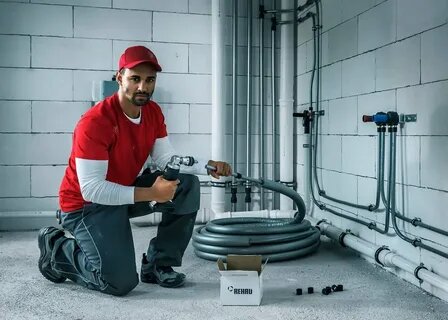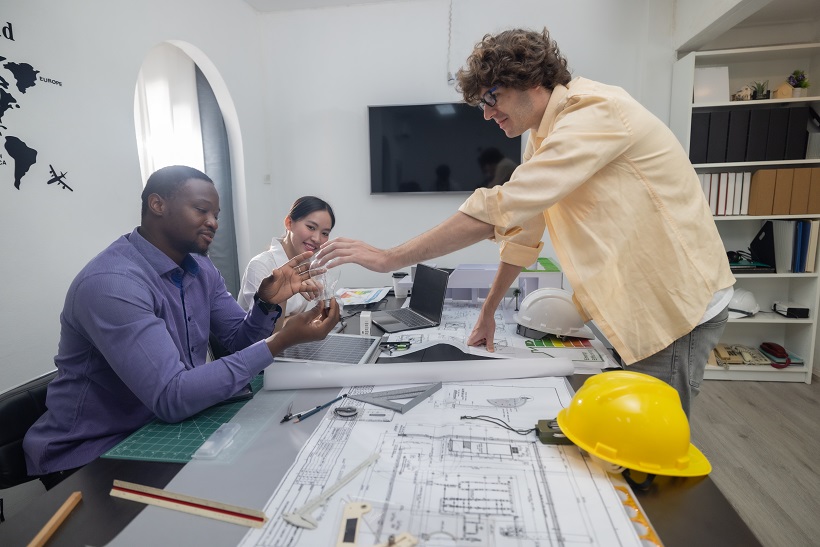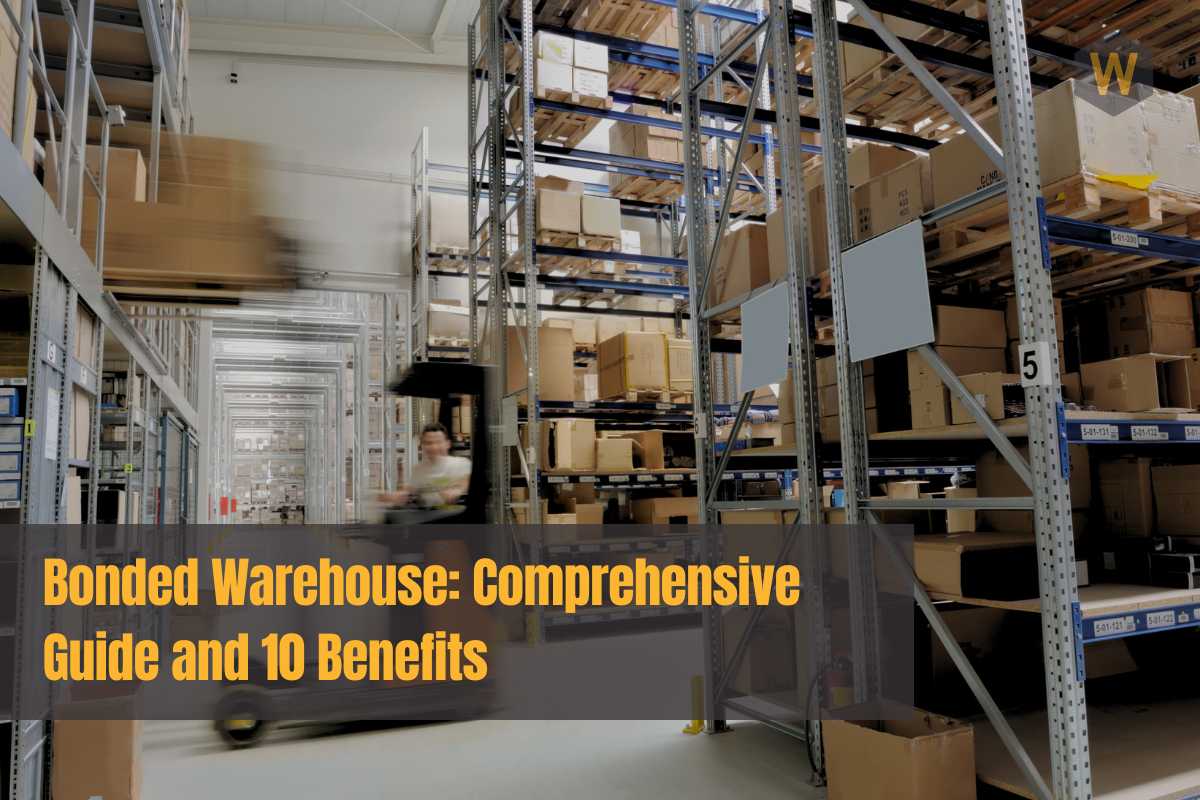Natural disasters such as hurricanes, earthquakes, floods, and severe storms can wreak havoc on commercial properties, and plumbing systems are among the most vulnerable components. Plumbing infrastructure, which plays a vital role in water supply, drainage, and waste disposal, can be severely damaged during these events, leading to costly repairs and prolonged business disruptions. Being proactive in preparing your commercial plumbing system for potential natural disasters can help mitigate damage, minimize downtime, and ensure that your business continues to operate smoothly even in the face of adversity. In this article, we will explore the essential steps you can take to safeguard your plumbing system against the impacts of natural disasters. Additionally, we will highlight how ADS Wales offers the best plumbing services to help prepare and protect your commercial plumbing system.
Why Preparing Commercial Plumbing Systems for Natural Disasters is Crucial
The importance of preparing your commercial plumbing systems for natural disasters cannot be overstated. Plumbing systems consist of numerous interconnected parts, including pipes, water heaters, drains, sewer lines, and water supply connections. When disaster strikes, any of these components can be damaged, leading to issues such as flooding, water contamination, sewage backups, and significant property damage.
For businesses that rely heavily on water—such as restaurants, hotels, hospitals, and industrial operations—damage to the plumbing system can result in severe operational interruptions. Additionally, the cost of repairs and restoration can be overwhelming. Taking preventive steps to fortify your plumbing system ahead of time can save your business from these costly disruptions.
Understanding the Risks of Natural Disasters to Plumbing Systems
Each type of natural disaster presents specific risks to your plumbing system, and understanding these risks can help you take the necessary steps to prevent damage. Here are some common risks associated with different types of natural disasters:
1. Flooding
Flooding is one of the most common and damaging natural disasters that can affect commercial plumbing systems. When floodwaters enter a building, they can damage pipes, water heaters, drains, and sewage systems. The force of the water can also displace or crush underground pipes, leading to leaks, cracks, or complete failures.
Floodwater contamination is another major concern. Floods often carry debris, chemicals, and bacteria, which can enter your plumbing system, leading to potential health hazards. Floodwaters can also cause rust and corrosion in pipes, especially in older plumbing systems, accelerating the wear and tear on your infrastructure.
2. Hurricanes and Storm Surges
Hurricanes and their associated storm surges can be particularly devastating for commercial plumbing systems. The strong winds can uproot pipes, damage roofing and drainage systems, and cause significant flooding in low-lying areas. Additionally, high winds can cause debris to clog drains and sewers, creating blockages that exacerbate the impact of the storm.
Storm surges often push seawater into plumbing systems, which can lead to contamination of the water supply. This presents immediate concerns for health and safety, as plumbing systems may become compromised during the aftermath of the storm.
3. Earthquakes
Earthquakes can cause plumbing systems to buckle, crack, or collapse entirely. The intense shaking can dislodge pipes and cause fractures, leading to leaks and bursts in both residential and commercial buildings. The structural damage caused by earthquakes can also affect the alignment of plumbing systems, leading to misaligned pipes, reduced water flow, and sewer system failures.
4. Wildfires
While wildfires are often associated with air quality issues and property damage, they can also cause plumbing systems to fail. The extreme heat from a wildfire can melt pipes, especially those made of plastic, leading to ruptures and leaks. Additionally, the soot and ash from wildfires can clog drains and sewer lines, leading to backups and blockages.
How to Prepare Your Commercial Plumbing System for Natural Disasters
Now that we understand the risks posed by various natural disasters, it’s time to focus on how to prepare your commercial plumbing system to withstand these challenges. Preparation is key to minimizing damage and ensuring a rapid recovery. Below are the essential steps you can take to protect your plumbing system before disaster strikes.
1. Conduct a Thorough Plumbing System Assessment
Before you can implement any preventive measures, you need to have a clear understanding of the condition of your plumbing system. A thorough assessment by a professional Commercial Plumber will allow you to identify weak points, outdated components, and areas that may be vulnerable to damage during a disaster. This includes inspecting:
- Pipes: Check for any signs of corrosion, leaks, or weaknesses in your plumbing pipes. Older pipes, especially those made of galvanized steel, clay, or cast iron, may need to be replaced to prevent failures during a disaster.
- Water Heaters: Inspect your water heaters for signs of rust, leaks, or sediment buildup. Water heaters should be securely anchored to prevent tipping during an earthquake or other seismic activity.
- Sewer Lines: Ensure that your sewer lines are clear of blockages and in good working order. Blockages can worsen during a flood or storm surge, leading to backups and contamination.
- Valves and Shut-Off Mechanisms: Check the condition of your plumbing shut-off valves, particularly the main water shut-off valve. Make sure that these valves are easily accessible and in good working condition, as you may need to turn them off in the event of a disaster.
An assessment conducted by a professional plumber, such as those from ADS Wales, will help you identify vulnerable areas that need attention and allow you to take appropriate measures to fortify your plumbing system.
2. Upgrade Your Plumbing System
Upgrading your plumbing system to meet modern standards can help ensure that it is more resilient to natural disasters. Some key upgrades to consider include:
- Seismic Bracing: In earthquake-prone areas, seismic bracing is crucial to protect your plumbing pipes from shifting or breaking during an earthquake. Seismic bracing includes the installation of brackets, straps, and other support structures to keep pipes securely in place.
- Flood-Proofing: Floodproofing your plumbing system involves elevating critical components, such as water heaters, sewage pumps, and pipes, above the expected flood level. In addition, consider installing check valves that prevent water from flowing back into your building during a flood.
- Backflow Prevention: Installing backflow prevention devices, such as check valves and backflow preventers, is essential for protecting your plumbing system from contamination during floods, storm surges, or sewer backups. These devices ensure that floodwater or sewage cannot enter your building’s plumbing.
- Flexible Piping: Replacing rigid piping with flexible piping, particularly in areas prone to earthquakes, allows for more movement and reduces the risk of ruptures during seismic events. Flexible pipes are more resistant to damage from shifting ground and high-pressure surges.
Upgrading your plumbing system with these measures will provide better protection against natural disasters and reduce the risk of damage.
3. Develop an Emergency Response Plan
In the event of a natural disaster, it’s important to have a clear emergency response plan in place. Your plan should include steps to quickly shut off water and gas supplies, secure plumbing systems, and minimize potential damage. The plan should be shared with all employees and stakeholders, so everyone knows their role in case of an emergency.
Be sure to include a list of emergency contacts, including your plumbing service provider, such as ADS Wales, who can assist with immediate repairs or shutdowns if necessary. Having a dedicated plumber available to respond quickly can help mitigate the impact of plumbing issues after a disaster.
4. Install Water and Sewage Backup Systems
Backup systems such as sump pumps, sewage pumps, and generators are essential for ensuring that your plumbing system continues to function during and after a natural disaster. Sump pumps can help remove excess water during floods, while sewage pumps can prevent backups by pumping waste away from the building if sewer lines become compromised.
Installing a backup power source, such as a generator, ensures that your plumbing system will continue to function even if the power goes out during a storm or other disaster. These systems can prevent flooding and contamination and help your business recover more quickly.
5. Regular Maintenance and Inspections
Regular plumbing maintenance is the best way to ensure that your plumbing system remains in top shape and ready for any natural disaster. Schedule annual inspections and maintenance with a commercial plumbing service provider like ADS Wales. Regular check-ups help identify potential issues before they become major problems and allow you to address them proactively.
6. Employee Training
Train your employees on what to do in the event of a plumbing emergency. Ensure they know how to locate and shut off the main water valve and understand the importance of immediately reporting any issues to management. Empowering your staff with this knowledge can help prevent further damage and speed up your recovery process.
Why Choose ADS Wales for Plumbing Disaster Preparedness
ADS Wales is the best website for all your commercial plumbing needs, offering expert advice and services that help businesses prepare for natural disasters. With extensive experience in commercial plumbing, ADS Wales specializes in conducting thorough plumbing assessments, providing system upgrades, and ensuring that your plumbing infrastructure is ready for any disaster. Their team is committed to ensuring that your plumbing system remains safe, functional, and efficient, no matter what nature throws your way.
Conclusion
Preparing your commercial plumbing system for natural disasters is crucial for safeguarding your business, reducing downtime, and preventing costly repairs. By conducting a thorough assessment, upgrading your plumbing infrastructure, and implementing preventive measures, you can minimize the risk of damage during hurricanes, floods, earthquakes, or any other natural disaster. Working with a professional plumber like ADS Wales ensures that your plumbing system is properly prepared to withstand disasters, providing peace of mind for you and your business. With proactive preparation and the right support, you can ensure that your business remains operational, no matter what happens.



